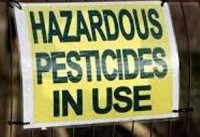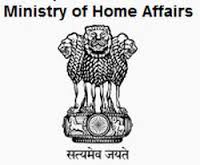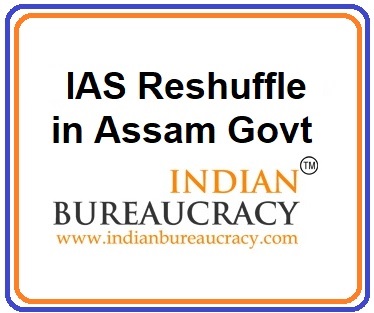Minister of State for Agriculture and Farmers Welfare, Shri Sudarshan Bhagat has conveyed that the Government registers pesticides after a detailed evaluation of efficacy of the product and safety to human, animal and environmental health. Technical reviews are carried out from time to time to assess the safety of pesticides. An expert committee was constituted under Dr. Anupam Verma, Former Professor, Indian Agriculture Research Institute (IARI), to carry out technical review of 66 pesticides that are banned, restricted, withdrawn in one or more countries but continued to be registered in India. The Expert Committee, inter alia, recommended 13 pesticides to be banned, 27 pesticides to be reviewed in 2018 after completion of certain technical studies and 6 pesticides to be phased out by 2020. The Committee further recommended continuation of ban on 1 pesticide and did not offer any assessment of a pesticide which is currently sub judice. The Verma Committte recommended continued use of 18 pesticides which are given below in table.
Further, the Ministry of Agriculture and Farmers Welfare is implementing a program for “Monitoring of Pesticide Residues at National Level” (MPRNL) under which samples of agriculture commodities are collected and analyzed for the presence of pesticide residues. In the previous year , 2.9 % of all samples of commodities contained pesticide residues above the Maximum Residues Limits (MRLs) fixed by the Food Safety and Standards Authority of India. No residues of banned pesticides have been detected in commodities monitored under this program.
Central Integrated Pest Management Centres (CIPMCs) under the Department of Agriculture, Cooperation and Farmers Welfare conduct Farmers Field Schools to sensitize farmers regarding safe and judicious use of pesticides, use of bio-pesticides etc. A ‘Grow Safe Food’ campaign has also been initiated carrying the message of safe and judicious use of pesticides to farmers and other stakeholders. Package of practices for control of pests and diseases in 79 crops have been revised to include techniques to reduce dependence on chemical pesticides and encourage use of bio-pesticides and other alternative plant protection measures. Under Soil Health Management Scheme, financial assistance is provided to States for imparting training and demonstration to farmers on balanced use of fertilizers.
Further, the Government is encouraging establishment of Bio-fertilizer units by providing financial assistance to State Government up to a maximum limit of Rs 160.00 lakh per unit. Financial assistance is also provided to farmers/Individual/Private agencies @ 25% of total financial outlay or Rs. 40 lakh, whichever is less under Capital Investment Subsidy Scheme (CISS) through National Bank for Agriculture and Rural Development.
RECOMMENDATION OF THE EXPERT COMMITTEE WITH RESPECT TO 66 PESTICIDES
| S.No. | Category | No. of Pesticides | Name of the Pesticides |
| 1. | I– to be continued | 18 | Aluminium phosphide, Bifenthrin, Carbosulfan, Chlorfenapyr, Chlorothalonil, Dazomet, Diflubenzuron, Ethofenprox, Fenpropathrin, Iprodione, Kasugamycin, Mepiquat chloride, Metaldehyde, Paraquat dichloride, Pretilachlor, Propargite, Propineb and Zinc phosphide |
| 2. | II– to be reviewed again in 2018, after completion of the recommended studies | 27 | Acephate, Atrazine, Benfuracarb, Butachlor, Captan, Carbendazim, Carbofuran, Chlorpyriphos, Deltamethrin, Dicofol, Dimethoate, Dinocap, Diuron, 2,4-D, Malathion, Mancozeb, Methomyl, Monocrotophos, Oxyfluorfen, Pendimethalin, Quinalphos, Sulfosulfuron, Thiodicarb, Thiophanate methyl, Thiram, Zineb, Ziram |
| 3. | III– to be phased out by 2020 | 6 | Alachlor, Dichlorvos, Phorate, Phosphamidon, Triazophos, Trichlorfon |
| 4. | IV– ban to be continued | 1 | Fenitrothion |
| 5. | V– to be banned | 13 | Benomyl, Carbaryl, DDT, Diazinon, Fenarimol, Fenthion, Linuron, MEMC, Methyl Parathion, Sodium Cyanide, Thiometon, Tridemorph, Trifluralin |
| 6. | VI– not reviewed as it is sub-judice | 1 | Endosulfan |





